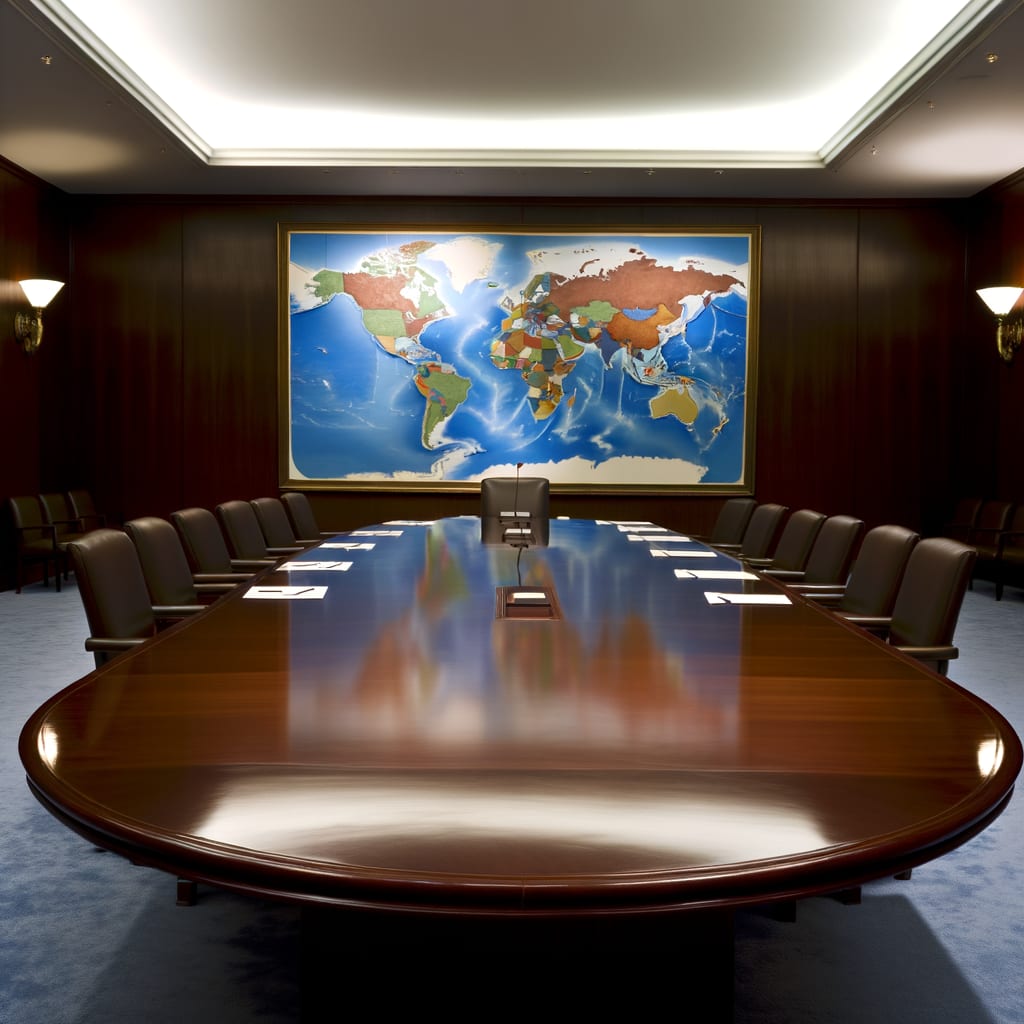Putin Proposes One-Year Extension of Nuclear Arms Treaty with U.S.
In a significant move to avert the potential escalation of a nuclear arms race, Russian President Vladimir Putin has proposed a one-year extension to the New Strategic Arms Reduction Treaty (New START), the last standing agreement between Washington and Moscow aimed at limiting the number of nuclear weapons. The proposal however, comes with a caveat; it would only be effective if the U.S. reciprocates.
Background and Context
The New START treaty, which is set to expire in February, was established in 2010 to limit the number of deployed strategic nuclear weapons. The treaty had provision for only one five-year extension. Putin's proposal comes following an unsuccessful summit in Alaska between President Donald Trump and himself, where nuclear negotiations failed to advance.
Key Developments
Putin's proposal has received varying reactions, with the White House expressing initial interest. White House Press Secretary Karoline Leavitt stated that the proposal sounds pretty good
, adding that President Trump would address the offer himself. Putin, speaking at a meeting with members of Russia’s Security Council, expressed that Russia would expect the U.S. to follow Moscow’s example and also stick to the treaty’s limits.
The Russian leader also indicated readiness for any potential strategic threats, with plans to respond not with words but with military and technological measures
. He emphasized the importance of closely monitoring the U.S. missile defense build-up, particularly on strategic components such as preparations for the deployment of interceptors in space.
Implications and Reactions
The proposed extension of the treaty has elicited a response from experts. Daryl Kimball, the executive director of the Arms Control Association (ACA), a US-based NGO, advised Trump to accept Russia's offer. According to Kimball, this move could prevent a costly arms race, alleviate existing tensions and provide a window for talks on a new comprehensive and sustainable agreement.
Putin's initiative has been described as a positive step
that could help stabilize the situation between the countries holding the two largest nuclear arsenals. However, Putin also highlighted the undermining of dialogue within the relevant bilateral and multilateral formats due to the West's destructive steps.
Current Status
As it stands, the system of agreements on nuclear arms control between Russia and the U.S. is almost dismantled, according to Putin. Despite the suspension of the New START treaty due to the Biden administration's hostile actions, both nations have reaffirmed their intention to voluntarily adhere to the treaty’s core quantitative limits until its designated end date.
The proposed one-year extension of the treaty offers a glimmer of hope for nuclear de-escalation, but the final decision rests in the hands of the U.S. administration. The world waits to see if the U.S. will reciprocate, potentially paving the way for new discussions on nuclear arms control.

